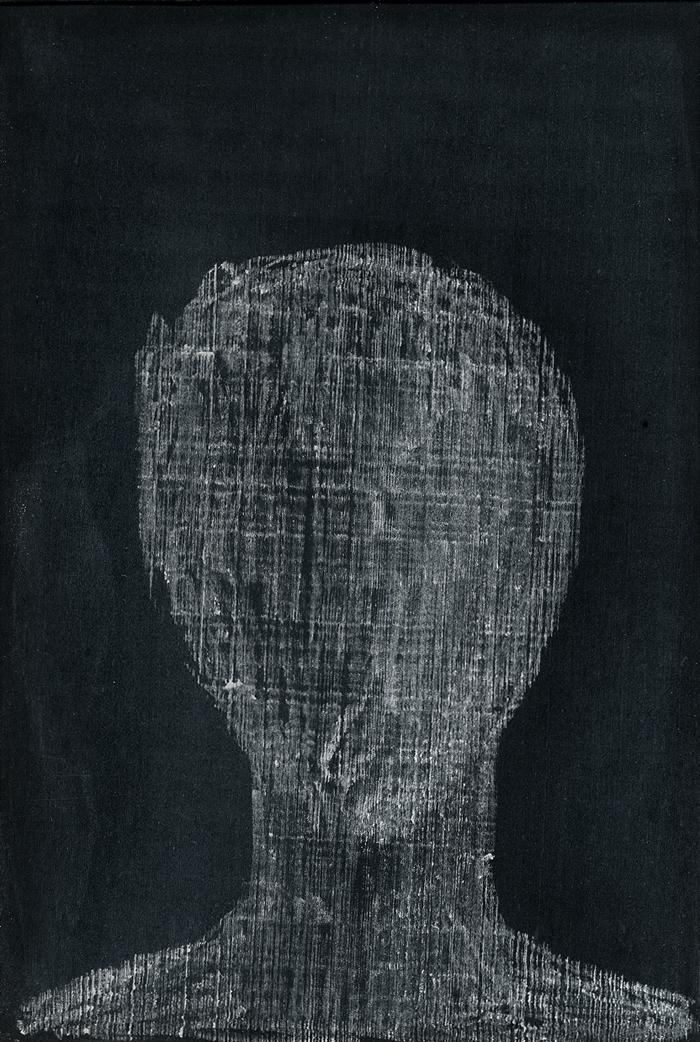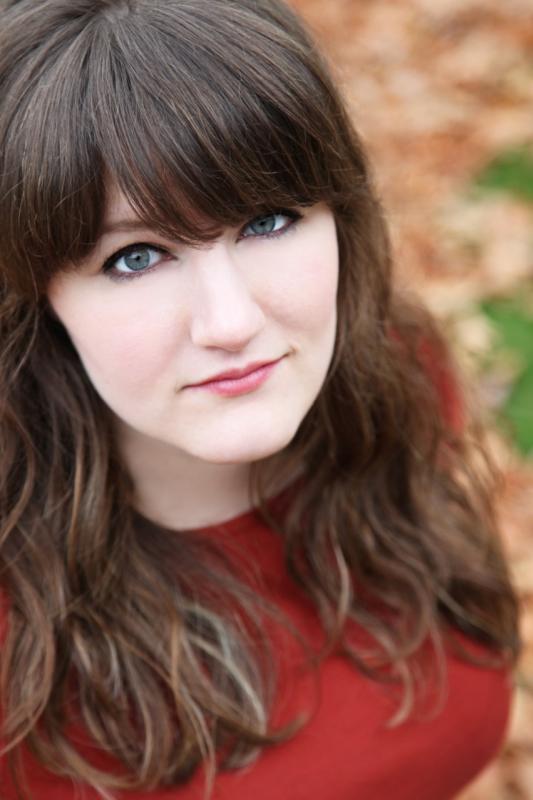Notable Books – Reviews of Carol Light, Heather Christle, Hadara Bar-Nadav and more
Heaven from Steam, Carol Light (Able Muse Press, 2013) Friendship is one of the conversant pleasures of a literary life, and has rarely been reason (historically, at least) not to offer words of encouragement for a long-anticipated book. Carol Light is a friend of mine, one whose poems I’ve read, enjoyed, and argued with for years. Disclosure aside, it’s not familiarity with the poet which prompts me to report that Heaven from Steam, Light’s first book, is a keen-eyed sonic boom of a debut. It is, rather, an appreciation for the assiduous, soulful orchestration of technique that makes this book stand out. A book of days unfolding over decades, Heaven from Steam is a substantial achievement—a sometimes searing, often soaring interrogation of love and longing in all its forms—carnal and maternal, devotional and divine. Comparison with Mary Szybist’s Incarnadine, which explores similar themes in an altogether different register, is inevitable, and revealing. Each demonstrates the remarkable patience of the long view—of the gradual, focused accretion of a body of work—that I find more and more …








